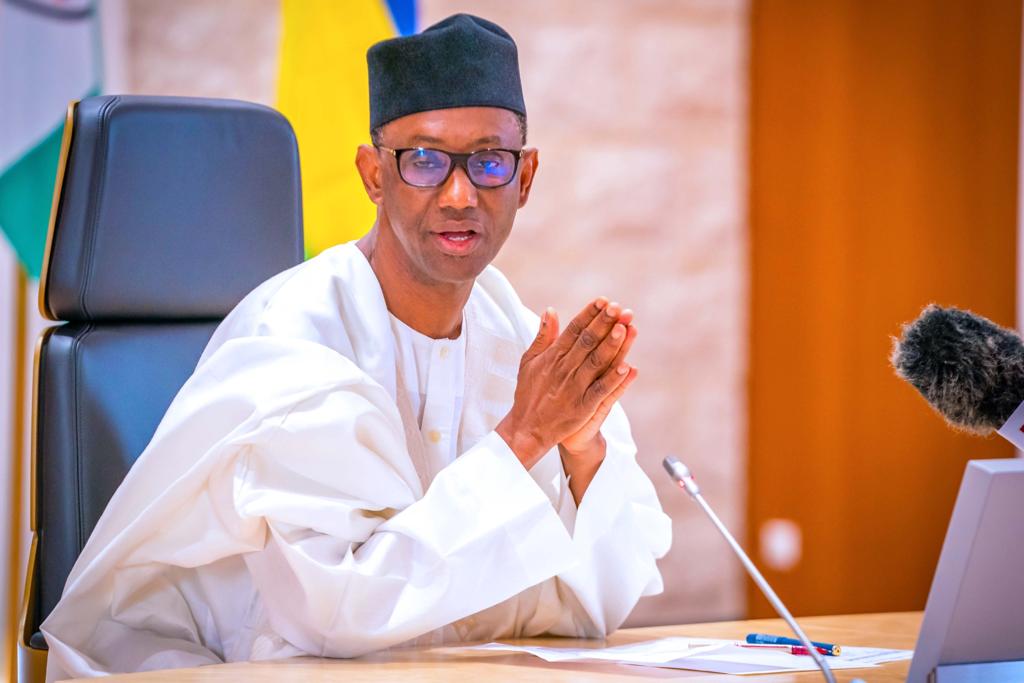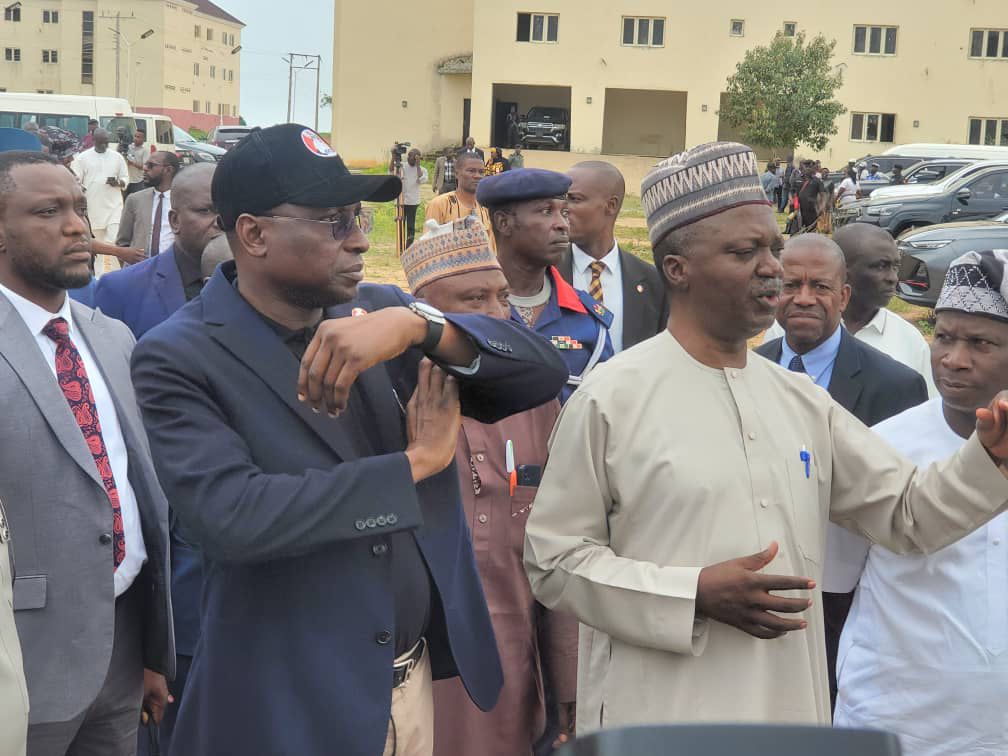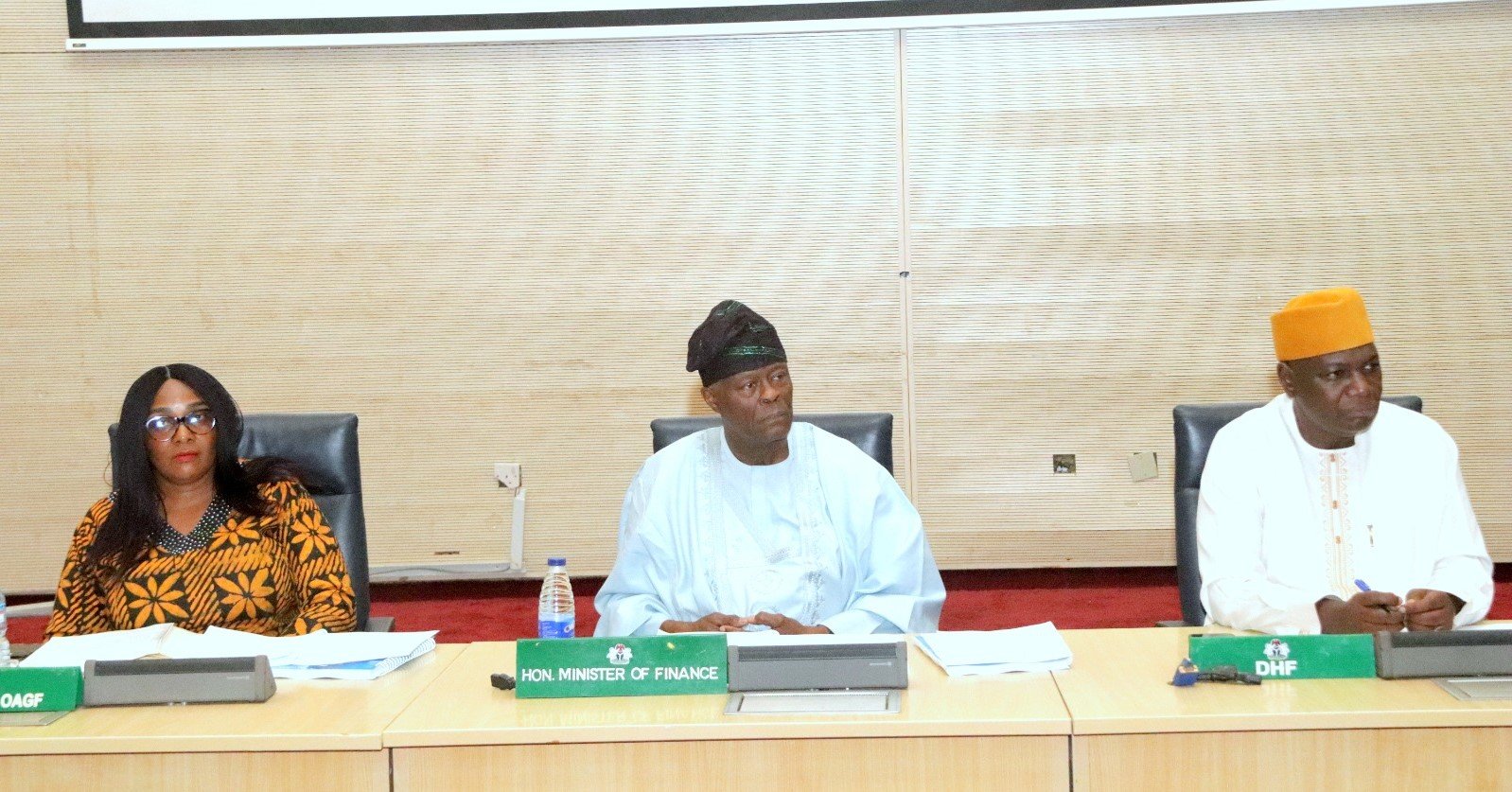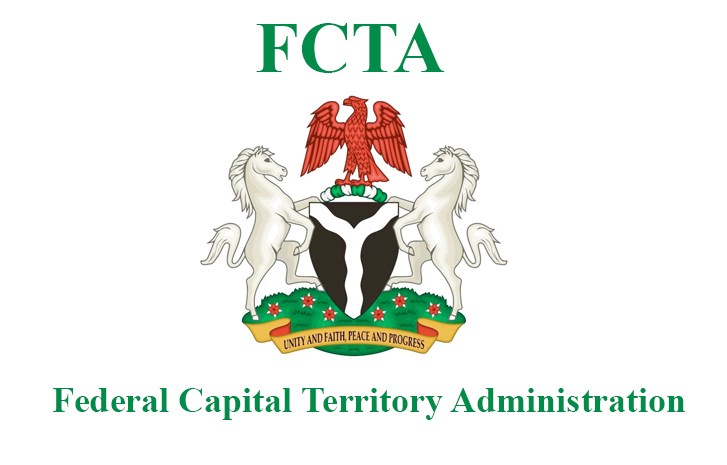APPO Chief: 95% of $89bn Funding for Africa's Gas Projects Tied to Uncertain Timelines - THISDAYLIVE
•Laments Africa’s export of 75% of its oil, 45% of gas output
in Abuja
The Secretary General of the African Petroleum Producers’ Organisation (APPO), Nigeria’s Omar Farouk, yesterday disclosed that over 95 per cent of the $89 billion capital requirement in the gas sector in Africa is tied to projects with uncertain timelines.
Farouk stated that a staggering $85 billion remains tied to proposed projects, describing it as a severe bottleneck and a clear call to action. He noted that if the continent is genuinely committed to building a resilient gas economy, then infrastructure investment must take centre stage.
Speaking at the Africa Gas Innovation Summit (AGIS) 2025 in Abuja, organised by the Society of Petroleum Engineers (SPE), Nigeria Council, the APPO chief who questioned the wisdom of continued global integration at the expense of local development, said the current model fosters dependence rather than genuine interdependence.
He said: Furthermore, out of a projected capital requirement of $89 billion, only $4 billion is currently committed to projects being built, while the staggering $85 billion remains tied to proposed projects with uncertain timelines.
“It’s a severe bottleneck and a clear call to action. If we are genuinely committed to building a resilient gas economy, then infrastructure investment must take centre stage. New ways of addressing challenges must be tried, and this is exactly what APPO has been doing.”
He criticised the framing of Africa’s role in the global gas sector as one of “integration” instead of self-reliance, citing statistics that show Africa, home to 600 trillion cubic feet of proven gas reserves, operates just 30,000 kilometres of gas pipelines, less than one-seventh the length found in Europe.
“We are made to believe that it is in our best interest to export our energy to get foreign exchange. We see nothing wrong with a continent that has the unenviable record of being home to the largest proportion of the world’s population living without access to modern energy.
“It is exporting 45 per cent of the gas that it produces and 75 per cent of the crude oil that it produces. We have failed to understand that access to energy is a central element to economic and social development,” he lamented.
According to him, with a population of about 230 million and a land size of nearly a million square kilometres, Nigeria has just a total gas pipeline network of about 7,000 kilometres and another 5,000 kilometres of crude oil, making a total of about 12,000km.
In contrast, he argued that France, with a population of 68 million and a land size of a little more than half of Nigeria’s, has a gas pipeline of 37,000 kilometres and an oil pipeline of 8,000 kilometres, making a total of 45,000 kilometres.
“Put differently, while every kilometre of pipeline in France serves 1,511 people, in Nigeria, a kilometre serves 19,166 people. Territorially, the ratio is even worse, 1 to 12 for France and 1 to 77 for Nigeria. The pattern is no different from what occurs in other developed countries and other African countries,” he stated.
Farouk also revealed ongoing APPO initiatives, including the Africa Energy Bank (AEB) located in Abuja in partnership with AfreximBank, and the launch of coordinated research and training efforts among member states to build local capacity and technology.
In his remarks, the Minister of State for Petroleum Resources (Gas), EkperikpeEkpo, emphasised the government’s reforms aimed at boosting investor confidence, streamlining regulations, and expanding domestic gas utilisation.
Ekpo, who was represented by the Technical Adviser on Downstream, Abel Igeghe, said: “The African continent is blessed with abundant natural gas resources, yet we continue to face challenges that hinder our ability to convert this potential into inclusive and sustainable growth.
“For Nigeria, the ‘Decade of Gas’ initiative under the Renewed Hope Agenda of President Bola Tinubu is our national response to this opportunity. We are focused on unlocking gas for power, transportation, cooking, and industrial development.
“Just last year, we advanced infrastructure projects, rolled out the LPG Penetration Programme across the geo-political zones, and deepened domestic supply reforms, all anchored on the belief that gas is not just a fuel, but a catalyst for prosperity”.
Also speaking, the Managing Director of Liquified Natural Gas (NLNG), Philip Mshelbila, represented by the General Manager, Technical, Joseph Alagua, stressed that infrastructure remains the biggest challenge to domestic gas development in Nigeria.
He noted that while Nigeria has six LNG trains currently operational, with Train 7 under construction, the domestic gas market remains underdeveloped due to poor infrastructure planning and investment.
“Pipelines, metering systems, and storage facilities are not just technical assets, they are an economic lifeline. Without them, gas remains stranded and energy access remains a mirage,” he stated.
Earlier, in her opening remarks, Chairperson of SPE, Nigeria Council, AminaDanmadami, described the summit as not just an event, but a call to action. She emphasised that the 2025 theme: “Building a Resilient African Gas Economy through Innovation and Collaboration” was both timely and transformative.
“Africa’s gas sector is at a defining moment. We possess abundant reserves, yet we face infrastructure gaps, fragmented markets, and underinvestment. The solution lies in innovation and collaboration,” she noted.
Besides, Danmadami called on participants, regulators, chief executives, policymakers as well as youths and academics to engage and challenge assumptions so as to co-create sustainable solutions.











